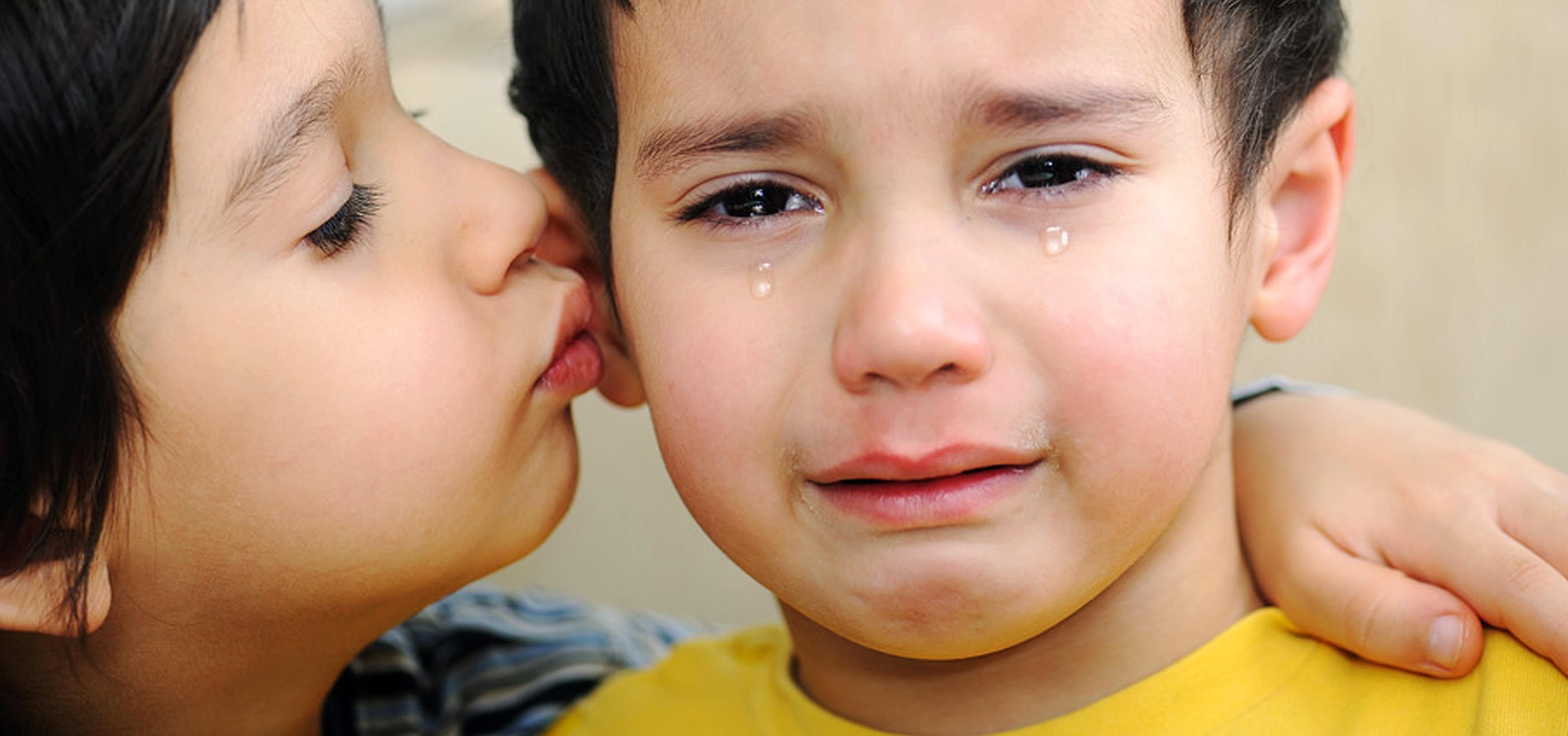Empathy is the ability to understand and share the feelings of others, and it is an essential social and emotional skill that helps us to build strong relationships and navigate the complex social world around us. Montessori education places a strong emphasis on the development of empathy in children, recognizing that it is a vital component of their overall development and well-being.

So how does Montessori build empathy?
- Prepared environment: One way is through the carefully designed classroom environment, which encourages children to work and learn together in a peaceful and respectful community. In the Montessori classroom, children are taught to value and respect one another, and to work collaboratively towards shared goals. They are also encouraged to develop a sense of responsibility towards others, and to take care of the classroom and its materials as a collective group.
- Practical Life Activities: Another way that Montessori builds empathy is through the use of practical life activities. These activities are designed to help children develop independence, self-confidence, and a sense of responsibility, while also fostering a deep appreciation for the work and efforts of others. For example, in the practical life area, children may learn to prepare snacks for their classmates, or to set the table for a group meal. Through these activities, children learn to take care of the needs of others, and to appreciate the contributions of their peers.
- Storytelling and Literature: Montessori also builds empathy through the use of storytelling and literature. In the Montessori classroom, children are exposed to a wide variety of books and stories that explore the experiences and emotions of different individuals and cultures. These stories help children to develop a deep understanding of the feelings and perspectives of others, and to develop a sense of empathy and compassion towards those who may be different from themselves.
- Role of the Teacher: Finally, Montessori builds empathy through the role of the teacher. Montessori teachers are trained to be attentive, responsive, and supportive, providing children with the guidance and encouragement they need to develop their social and emotional skills. Teachers also model empathy and compassion in their interactions with children, showing them how to listen, understand, and respond to the needs and feelings of others.
In summary, Montessori education builds empathy in children through the carefully designed classroom environment, practical life activities, storytelling and literature, and the role of the teacher. By fostering empathy and compassion in children, Montessori education helps to create a more caring, inclusive, and harmonious society, where individuals are able to thrive and reach their full potential.

